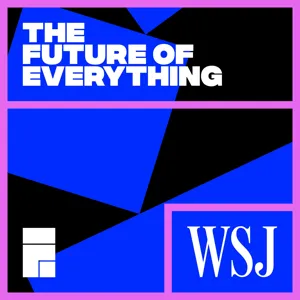How Gene-Edited Crops Could be the Future of Feeding the World

In the decade since CRISPR gene-editing technology was first developed, it has been used to address a host of issues, such as developing new cancer treatments, designing faster rapid COVID-19 tests and to make biofuel-producing algae. Proponents say CRISPR could also help solve some of the world’s biggest food-related problems: salad greens could be more nutritious, fruits could taste better, and crops of all kinds could be altered to grow using fewer resources. The U.S. Food and Drug Administration recently gave the go-ahead to bring gene-edited beef to market, and CRISPR-modified purple tomatoes could be coming later this year. But agricultural technology companies still have to figure out how to overcome consumer skepticism. In this session from the WSJ Global Food Forum, leaders from two firms working to scale-up gene-edited foods discuss what it takes to get the new technology out of the lab and into supermarkets.
Further reading:
Get Ready for Gene-Edited Food
GMO Tomatoes Could Be Returning After 25 Years. Will People Eat Them?
Crispr’s Next Frontier: Treating Common Conditions
Learn more about your ad choices. Visit megaphone.fm/adchoices

